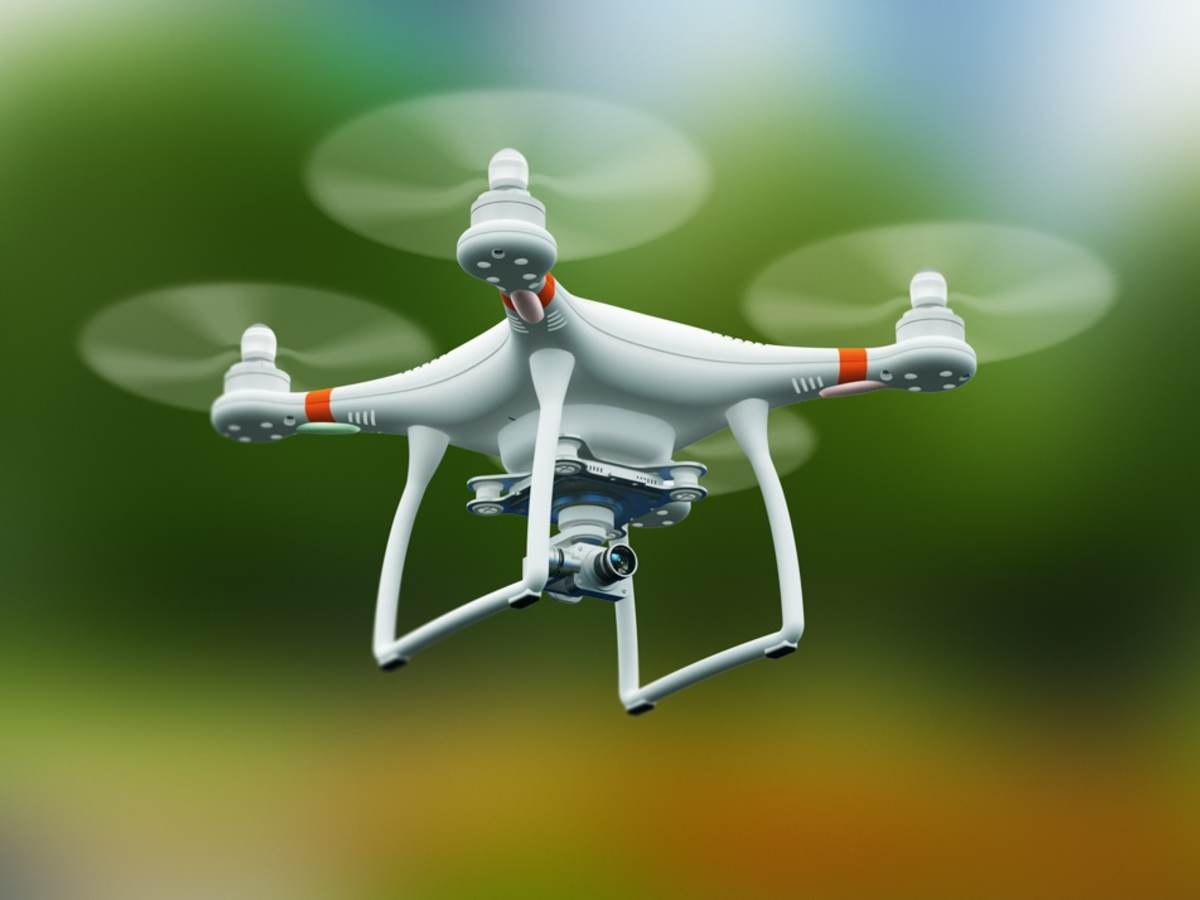Since wheeled drones are in effect selfdriving cars, albeit passenger-less ones, they need authorities’ approval to operate. This has not always been forthcoming. Now the “corona shock” is softening up regulators, says Ryu Kentaro of ZMP, a maker of rolling drones in Tokyo. ZMP plans to begin a trial in Japan’s capital this summer, faster than expected. In September another pilot project will see TwinswHeel’s “droids” shuttle mail for La Poste, France’s postal service in Montpelier (postal workers will handle the “last mile” to mailboxes). Officials look kindly on covid-proof contactless delivery, says Qi Kong, in charge of drones at JD Logistics, an arm of jd.com, a Chinese e-commerce giant. Its vehicles’ cargo bays open with a scan of a recipient’s face or smartphone screen. On June 26th Amazon said it would buy Zoox, an autonomous-car startup, for $1.2bn.

Drone airmail remains fledgling. Matternet, an American firm, operates a limited network in Switzerland. Wing, Google’s sister company, serves parts of America, Australia and Finland. Zipline, which pioneered medical deliveries by winged drones in Ghana and Rwanda, opened a small droneport in North Carolina in May. But by one reckoning, less than a third of last year’s automated deliveries worldwide were by air. Amazon’s Prime Air, scheduled to launch in late 2019, remains grounded.
译文由可可原创,仅供学习交流使用,未经许可请勿转载。












